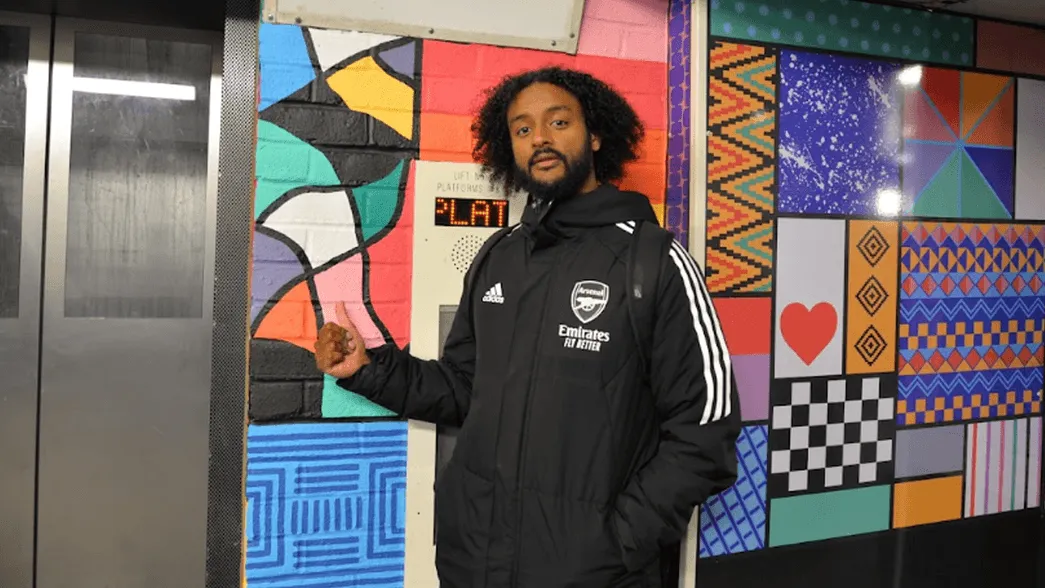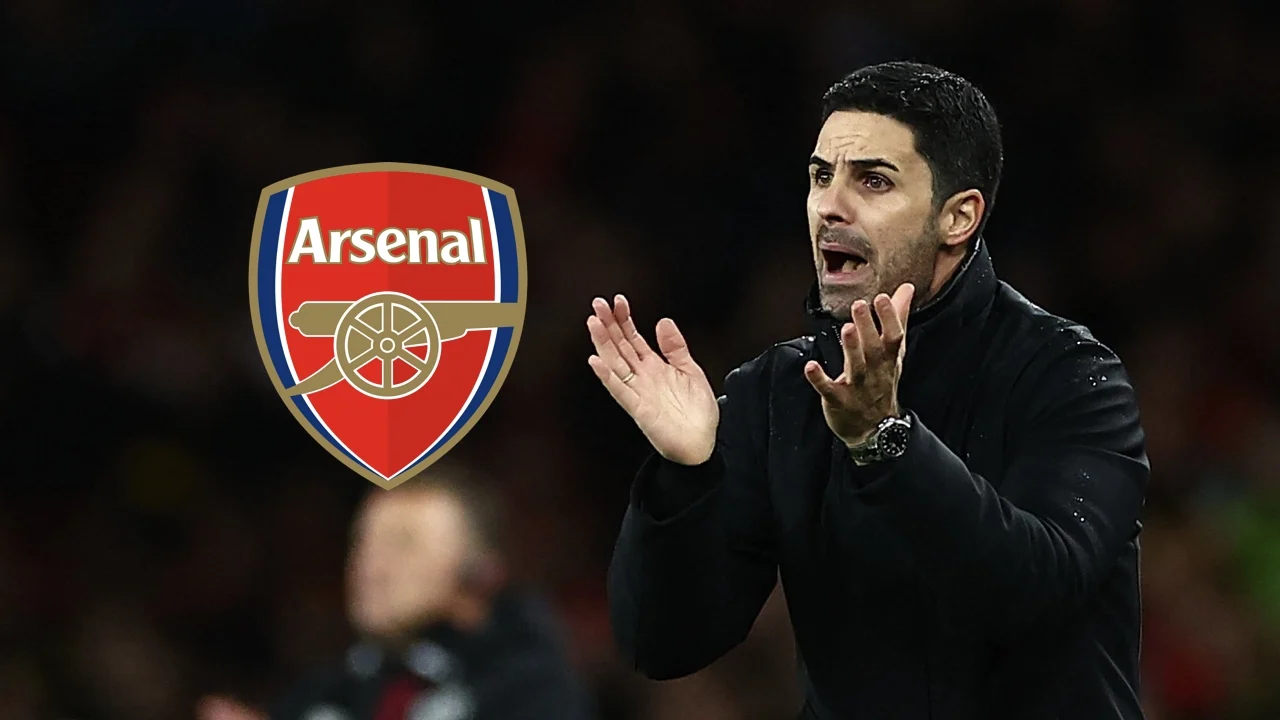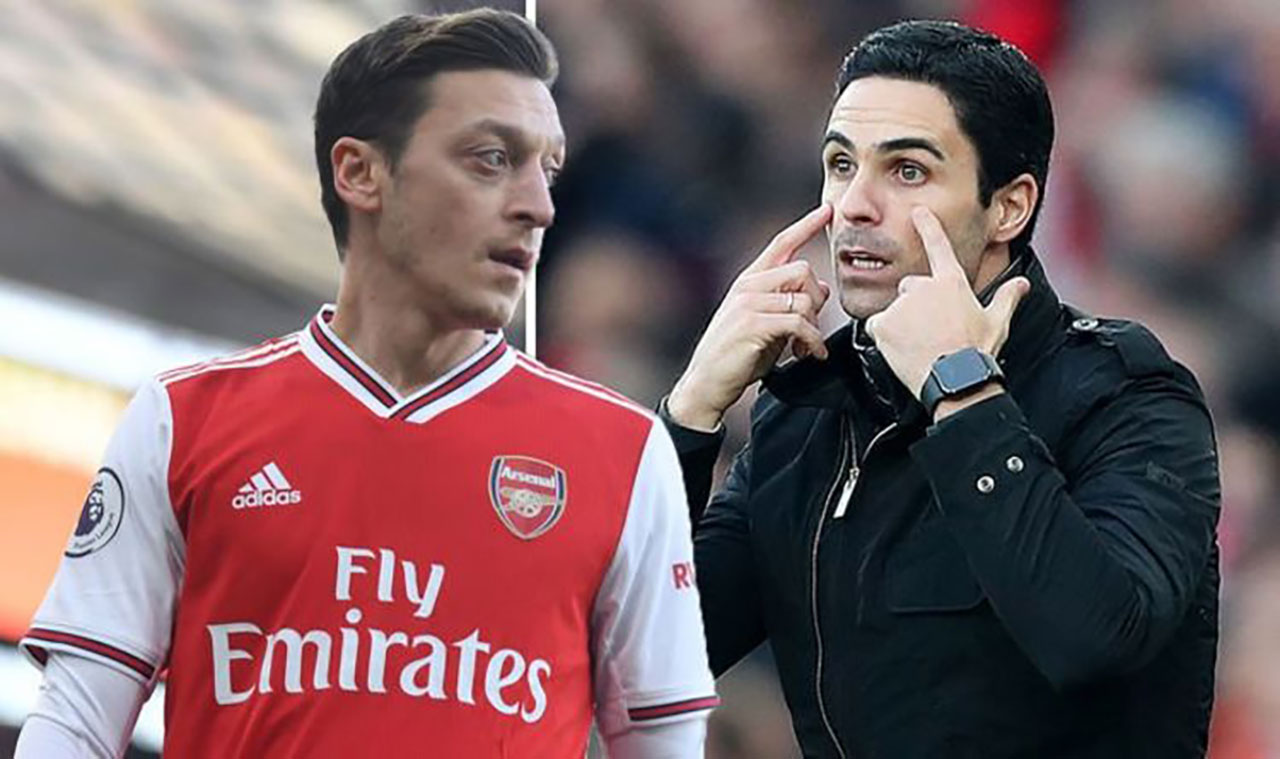As Eid al-Fitr, signifying the culmination of Ramadan, draws near, we hear from Arsenal in the Community’s Senior Inclusion Manager Bruk Abdu about the significance of Ramadan and how he balances his spiritual practices with his professional responsibilities.
What’s your role at Arsenal?
As the Social Inclusion Manager of the Community Department, my primary responsibility is to oversee and ensure the successful operation of our free football access programmes in parks and estates across the three London boroughs of Camden, Islington and Hackney. This entails coordinating and supervising the implementation of these programmes to guarantee their effectiveness and impact within the local communities.
I also work to foster partnerships and collaborations with relevant stakeholders to support the sustainability and growth of these initiatives, ultimately striving to promote social inclusion and community engagement through the power of football.
What is Ramadan, for those who may not know about it?
Ramadan, the ninth month in the Islamic calendar, holds profound significance because it commemorates the period when the Quran was revealed to the final prophet and messenger, Muhammad. Throughout this sacred month Muslims observe a period of fasting, abstaining from food and drink from dawn until sunset for 30 days. The pre-dawn meal is known as suhur, while the meal to break the fast at sunset is called iftar. The essence of fasting during Ramadan is to nurture and strengthen one’s connection with God, known as Allah in Islam.





















